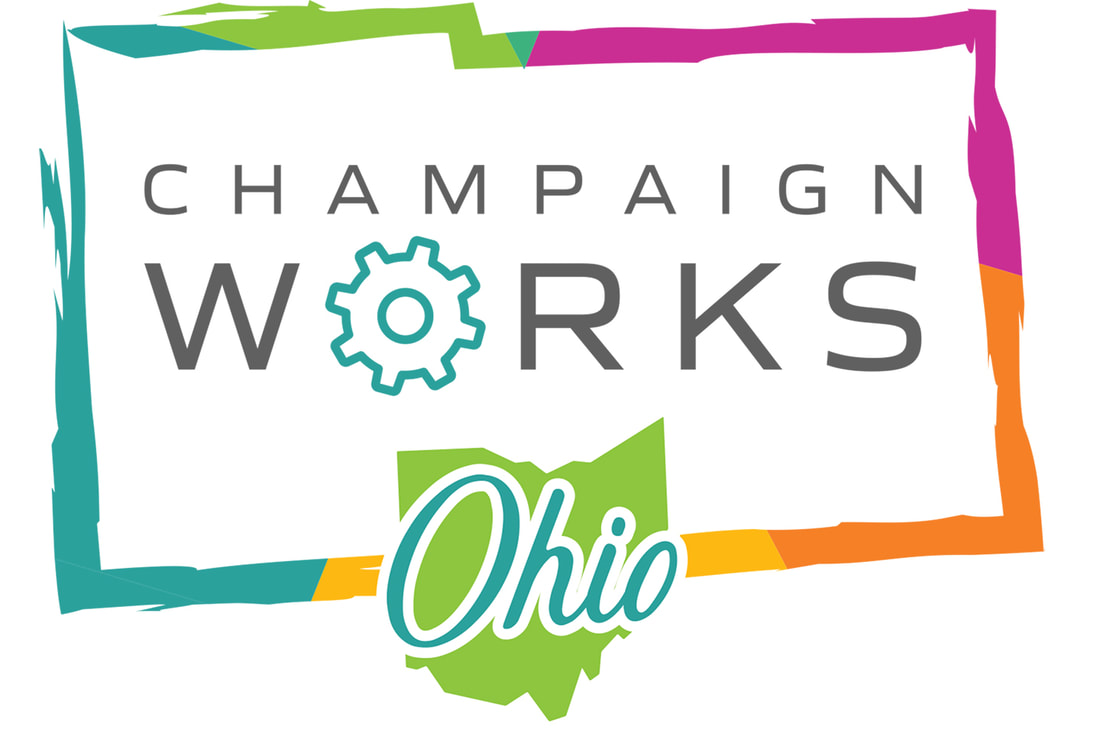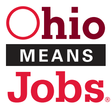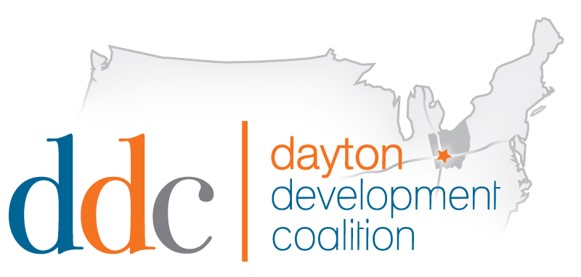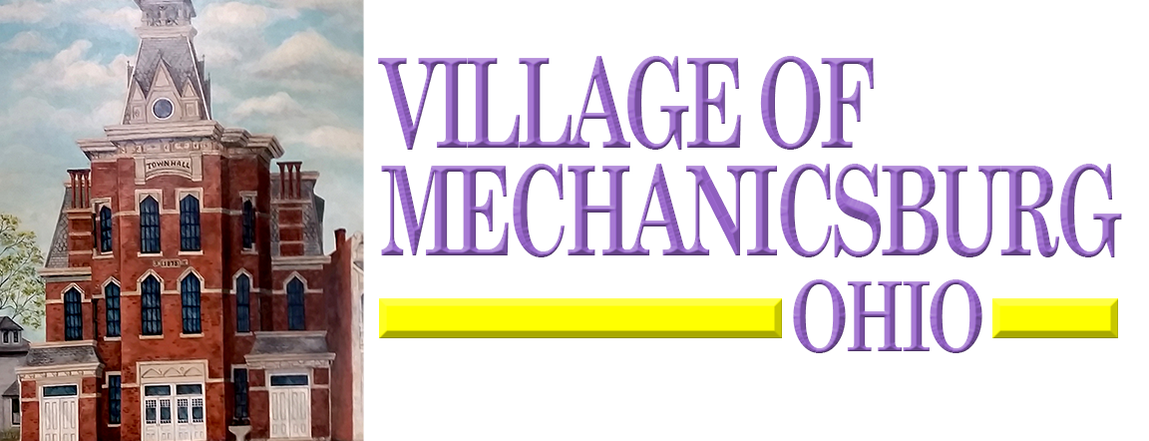What to expect from Weidmann:
Call 937-652-1220 ext. 192 to reserve your spot! Walk-ins are also welcome. Located at 700 W. Court St. Urbana, OH 43078.
Weidmann works with them to accommodate their current school schedules and have the capability to offer any shift options needed. Weidmann Electric Technology’s HR Assistant, Jessica Engi said, “Their interviews are what set them apart. They interviewed really well.”
Students like Dawson, who have an interest in entering the workforce after graduation, can apply to become a full-time employee with Weidmann. They also work with students to allow them to work part-time while attending college, which is what Gavin hopes to do. After graduation he will be attending Ashland University majoring in Business Administration and Manufacturing Management. Jessica encourages local students to know they have options after graduation. “Whether a student enters a career path or completes a college education, we want them to know we have opportunities that range from entry-level, to technical careers.” Click here to read more.
According to Amedro, Weidmann has always been involved in creating electrical transformers. The company’s main product is paper and board, which he says is really just thick paper, made the same way and pressed together to become board.
“It all goes into transformers, whether it be a transformer on a pole to power generation to transformers like at Dayton Power & Light,” he said. “It’s utilized to, obviously, insulate the transformer from shorting out. So it’s a very important part of the transformer. Our company has developed itself into what I call a cradle to grave company, and what I mean by that is we have transformer engineers on our payroll that help design transformers and work with customers. We have a lot of experience and have people from Westinghouse, for example, that we hired in. They’ll help develop the new transformer designs with a customer. Of course, with that we’re suggesting to use Weidmann insulation as we go. So they design the transformer, then they make it, then at that point they’re utilizing paper and board into these transformers. And these transformers, in the way we look at the business, are in two different categories, and we consider power transformers the bigger ones, like DP&L and bigger substations that use mainly a lot of board - more board than paper - but they also use paper to wrap the wire. The distribution side is smaller transformers, which would be on top of a telephone pole. Between each layer would be either a copper sheet or an aluminum sheet. It is then wound with copper, paper, copper, paper, built out to the size of a transformer. “Once they complete it and it’s out in the field, we also have a division that does monitoring of the oil,” he continued. “All these transformers are filled with oil, and that’s what helps cool them and insulate them as well. We have a whole separate lab division kind of like you go to a doctor and you get your blood test, and they tell you all your results as to cholesterol and what not - well, they do the same thing to the oil. So if they find certain gasses and things in that oil it will tell them the life of the insulation. So we monitor that. And then on top of our oil testing we also design monitors they can attach to these transformers that’ll measure temperature, moisture, gasses and things like that, and they can do online measuring. Customers will also come to us at times to do a post mortem to find out why it failed, so we take it apart to find out why. So cradle to grave.” Of the company’s sales volume, Amedro said that about 66 percent of what they make stays in North America, 11 percent goes to Mexico, 11 percent goes to Brazil, 4 percent goes to Europe, one percent goes to Turkey, 3 percent goes to the Asian Pacific region and 3 percent goes to China. “In each one of these locations we have a sister company that we can ship to and they’ll convert it, and then they’ll ship to the various people in that country,” he said. “We do occasionally ship directly to a customer in Korea. Sam-Dong is one of the larger customers. They also have a site in Tennessee that we ship paper to and they make the wire and wrap it with the paper.” U.S. growth Weidmann’s first step into the American market occurred about 50 years ago, according to Amedro, with the purchase of a plant in St. Johnsbury, Vermont. “That’s how they got their first foot into the U.S., in St. Johnsbury,” he said. “From that point, then, as they grew they bought two more converting operations. They bought them from Avery-Denison. One operation was in Framingham, Massachusetts, making the lightweight papers into crepe - makes it stretchy - it starts with standard paper and then we run it through the crepe operation. This crepe paper is then sold to wire companies. Then they also bought an operation just outside St. Louis in O’Fallon, Missouri, and they took the heavier paper and they put this diamond dot on it that is an epoxy resin and that resin, what that does, is after they, the transformer maker, get done wrapping this all together layer after layer they put a clamp on it and they set it in an oven and they bake it, and this epoxy diamond touching the copper bakes it all together so it becomes a solid unit.” Amedro said that as competition has gotten more intense in the last ten years, Weidmann decided it would be a better idea to move all their operations under one roof. They decided on the 700 W. Court St. property and bought it in 2010. “As they were going around looking for operations, most of the heaviest part of our customers are east of the Mississippi. So we had looked in Tennessee, probably Indiana and a couple other places to be more centrally located between east and west,” he said. “We very seldom ship material to the west coast, but we ship a lot of overseas stuff, so we needed good access to highways, and the timing was right. We looked for a property that already had the infrastructure there, water systems, effluent systems, had the air systems and everything set up. That’s why this site became very attractive.” The building where Weidmann’s Urbana operations are located was originally built in 1910 and started out as the Howard Paper Company, established in 1895. According to Amedro, the Howard family sold the property in 1965, at which point it passed through several hands before it was purchased by the Fox River Paper Company in 1991. Around 2007 the property was again purchased by Neenah, Inc., who Amedro said ran the paper business for about eight months and then shut it down and gutted it. Several years later, Jerry Damewood bought the building to use as a warehouse, but got rid of the machines on the mill and converting side. “Jerry had bought the whole building when we came in,” Amedro said. “We wouldn’t take over the rest of the property until we got a clean bill of health from the EPA, because the old property had a coal fire boiler, it had asbestos and all that, so the city actually bought the rest of the property and through a brownfield grant they got it cleaned up. Once that was cleaned up and we got a covenant not to sue from the city and state, then we took it over. That’s when we started building our operation. “We then built it up the way we’re set up now,” he added. “The company decided they were going to put everything in one house, so they moved the whole Framingham and O’Fallon operations here for the converting - that’s what’s in the center part of our building and a little part on the west. And then the paper machine went in on the far east of the same building, and that’s the original building - the 1910 building. So now everything’s done under one roof. We make our own paper and convert our own stuff.” Weidmann still operates the board mill in Vermont, but is able to do everything else from their Ohio facility. Expansion Weidmann continues to be a third tier provider, supplying paper but not the copper wire or other metal parts of the transformer, and they do business all over the world. “We’ve been growing,” Amedro said. “When we started we had 95 people, now we’re up to 160 people. We’re getting to capacity levels on our DPP machine that makes the coated papers, and we continue to expand that business, and we take pride in that for a paper company we stick strictly into the electrical paper business. We don’t jump into commodity and make brown paper for brown paper bags, for example, just to run our machines. We specialize in engineered papers that are specific to an application, so it’s really high specialty type grade. We’re growing those engineered papers which then continues to increase our volumes.” The Papermachine at the plant runs for ten days, then is down for four days to perform maintenance. Amedro says most of their raw material comes from spruce and lodge pine trees in British Columbia. There are currently about 160 employees in Urbana, but Amedro estimates that there are over 2,500 company-wide. “We always have a certain amount of turnover,” he said. “Skilled labor is toughest one to find right now, we’re looking for off-shift mechanics. I think they’re looking for three operator positions as well. There’s constant turnover from retirements and people want to go to a different shift. I think it’s a great company in the fact that it’s family owned and the one thing they do is they really treat their people well, and because of that we get a lot of loyalty to the company and people are pretty happy working here.” Anyone interested in applying to work at Weidmann Electrical Technology or who wants to know more about the company may call 937-652-1220. Christopher Selmek can be reached at 937-508-2304. Champaign County businesses are struggling to find enough qualified, skilled employees to fill job openings. And local students need the education and skills to prepare for these in-demand career opportunities.
Local business and school representatives are working together to address both sides of this equation through the Champaign Business Advisory Council (BAC). The BAC complements workforce development efforts of the Champaign Economic Partnership, CEP Director Marcia Bailey said. The Champaign-Madison Educational Service Center (ESC) formed the BAC about three years ago when a new state law called for school districts to form BACs, to build relationships between businesses and schools. The local BAC includes representatives of the five county school districts, Ohio Hi-Point Career Center, the ESC, local businesses, and Ashley Cook, business liaison for the CEP. Businesses active in the BAC are primarily in manufacturing, but the BAC is inviting more types of businesses to get involved, said Jill O’Neal, a BAC member and human resources manager for Weidmann Electrical Technology in Urbana. “We welcome more business leaders to attend to provide their input in local workforce needs and how to enhance school curriculum to prepare students,” O’Neal said. Scott DeLong, president of Champaign Residential Services Inc. (CRSI), has become an active member. He wants to help address the need for qualified job candidates in human services and health care. “I’m excited about the work we’re doing, and hopefully we can keep more students in the community after graduation.” The BAC meets quarterly, with 2019 meetings scheduled at 1 p.m. June 26 at Bundy Baking Solutions, Sept. 5 at Champaign Residential Services Inc. and Dec. 5 at Graham High School. O’Neal said that the BAC includes three active subcommittees: · Business Relations, to strengthen the working relationship between businesses and schools · Workforce Development, to address current and future workforce needs in the county · Curriculum Development, to develop educational programs in local schools to prepare students for in-demand careers after graduation Dan Kaffenbarger, ESC superintendent, said, “The BAC creates a line of communication and collaboration between the schools and businesses. Our short-term goal is to inform older students about job opportunities in the county. For the longer term, we’re looking at middle school and early high school students, to help them develop soft skills (such as work ethic and critical thinking) and provide curriculum that will give them the competitive advantage that employers are looking for.” Businesses leaders interested in learning more about the BAC may call Kaffenbarger at the ESC, 937-484-1557.
Ten monitors will be placed in public areas – one each at the five Champaign County high schools; in the villages of Mechanicsburg, North Lewisburg and St. Paris; Urbana University; and Ohio Hi-Point. The monitors will be installed beginning in late August. Content shown on the monitors will be generated by the CEP.
Urbana University and Ohio Hi-Point Career Center are providing funds to purchase the monitors and associated equipment, while DP&L and FASTLANE are assisting with funding for ongoing media service to broadcast content on the monitors. CEP Director Marcia Bailey added that Berry Digital Solutions is helping the CEP manage the project and that Weidmann Electrical Technology Inc. funded the original monitor at the CEP. The purpose, she said, is to inform students and other county residents about local career opportunities and education and training available to prepare students for the workforce “I’m a strong believer in the education-workforce ecosystem. And the CEP is leading the way to organizing education and employers, preparing talent to meet the needs of our employers,” said Christopher Washington, executive vice president and CEO of Urbana University, a branch campus of Franklin University. The monitors are the ideal way to deliver the information, he adds. “Kids today are digitally wired and pay attention to what’s on the screen.” Kelsey Webb, Ohio Hi-Point director of communications and marketing, said, “We’re participating because this is completely in our wheelhouse to prepare students for career or college. We’re excited to help spread the message that there are great opportunities here for students.”
Information about business sponsorships is available by contacting the CEP at 937-653-7200 or [email protected]
“You can also keep up with the latest local economic development news on the CEP’s website, CEPOhio.com, by liking the CEP Facebook page, and by following the CEP on Twitter,” CEP Director Marcia Bailey said. Job listings featured on the window monitor also can be viewed on CommunityJobConnect.com, the CEP’s local job posting and search website, available free of charge to local employers and job seekers. Employers can post local employment opportunities, and job seekers can apply and post their resumes. 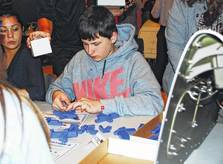 Urbana Daily Citizen file photo Urbana Daily Citizen file photo Manufacturers opening doors to high school students Friday By Gary Schenkel Eight local manufacturing companies are opening their doors Friday to allow about 150 Champaign County high school students to observe modern, high-tech manufacturing in action. The Champaign County Manufacturing Human Resources Council and the Champaign Economic Partnership (CEP) planned the tours in conjunction with the national observance of Manufacturing Day, sponsored by the National Association of Manufacturers, the Manufacturing Institute and the Hollings Manufacturing Extension Partnership. “The county school superintendents have been helpful providing us direction on what students would like to learn from Manufacturing Day,” Jill O’Neal, member of the Champaign County Manufacturing Human Resources Council and CEP board member, said. “We heard that students would like to see not just the manufacturing environment, but a chance to ask questions about particular jobs, pay ranges and skills or knowledge required.” O’Neal is human resources manager at WEIDMANN Electrical Technology in Urbana. Between touring manufacturing facilities in the morning and afternoon, students will gather at the Urbana University Student Center from 10:30 to 11:30 a.m. There they will visit trade show-style displays set up by the manufacturers and talk with company representatives. They’ll also have lunch provided by the university. Marcia Bailey, CEP director, said that parents interested in learning more about manufacturing careers for their children may attend the session at Urbana University. “Or they can contact the local manufacturers to schedule a visit with their students for a more personalized experience,” she added. Each student will tour two facilities, including the Hall Company, KTH Parts Industries Inc., ORBIS Corporation, Rittal, Rosewood Machine and Tool Company, Sarica Manufacturing, Ultra-met and WEIDMANN Electrical Technology. Bundy Baking Solutions will join the others with a display at the university. Urbana University, Ohio Means Jobs, Clark State Community College, the CEP, FASTLANE (West Central Ohio’s Manufacturing Extension Partnership) and Community Job Connect, Champaign County’s new online job posting and search board, will also set up displays at the university. About 150 students will participate from Graham, Mechanicsburg, Triad, Urbana and West Liberty-Salem high schools. Triad offers Ohio Hi-Point Career Center’s Advanced Manufacturing program. Todd Bodey, who teaches Advanced Manufacturing at Triad, said the Manufacturing Day activities provide students a good introduction to manufacturing careers and technology. He added that a Manufacturing Day tour is what got Zack Zizzo, a 2017 Triad graduate, interested in manufacturing. “Zack toured ORBIS and became really interested in their injection molding processes.” Zizzo is now interning at ORBIS, which is supporting his education in the two-year mechanical engineering technology program at Clark State Community College. “I see students coming back with an interest in something, and the students see the enthusiasm people have for their jobs in manufacturing,” Bodey said. “I’m very pleased the manufacturers can accommodate this many students.” Manufacturers to be honored The CEP will honor local manufacturers at the Manufacturers Celebration Breakfast, 8:30 a.m. Wednesday, Oct. 11, in the Champaign County Community Center auditorium, 1512 S. U.S. 68, Urbana. “Manufacturing plays a significant role in strengthening our local economy and making Champaign County a better place to live and work,” Bailey said. Local manufacturers employ nearly 4,000. “Through efforts like our Manufacturing Day tours and partnerships with local schools, we are preparing the next generation for manufacturing careers and ensuring the future success of local industry,” Bailey said. Gary Schenkel is records manager of Champaign Economic Partnership.
The company is also boosting its payroll and spending at least $500,000 in new equipment as part of an expansion valued at around $2.7 million, said Marcia Bailey, economic development coordinator for the Champaign Economic Partnership.
Weidmann, a Swiss-based company, produces specialty insulation for transformers. The expansion is expected to be complete by March next year. The company currently has about 140 workers. “We’re looking at increasing our capacity within the facility,” said Mark Hunter, plant controller at Weidmann. “Since we opened our doors in 2011, we’ve gone from initially 75 employees and we’re expected to be around 164. We’ve just grown so much in terms of our business and because of that to be able to maintain increased sales, we needed to add more space onto our facility.” Documents filed with local government entities show the company will add 20 workers as part of the expansion, but the manufacturer hired four additional workers just before making the announcement, for a total of 24 workers, Hunter said. The new jobs will include a variety of position, from forklift operators to maintenance technicians, as well as line workers and a safety coordinator. The company will add a roughly $500,000 piece of equipment used to cut the paper produced at the company, in addition to the expansion and new jobs, Hunter said. The company’s current payroll is a little more than $9 million and it will add about $835,000 as part of the expansion, Bailey said. Local school districts and the city of Urbana approved a Community Reinvestment Area agreement that will provide a 100-percent property tax abatement for 15 years for the addition to the facility, Bailey said. The company will continue to pay its full share of taxes on its existing payroll and property, but will receive an abatement for the expansion. The city and Urbana school district will split income taxes from the additional payroll evenly, she said. OhioMeansJobs Champaign County will also work with the company to provide training for the existing employees who need additional training to operate the new equipment, Bailey said. The company’s growth has been a bright spot in Champaign County’s economy, Bailey said. Weidmann initially took a leap of faith and pledged to provide jobs for 75 workers when the business moved into the former Neenah Paper Inc. site on West Court Street. Neenah had closed a paper mill at the site in 2007, leaving about 180 workers without jobs. The property was a brownfield site, she said, and Weidmann’s decision to invest in the property reopened a site that could have become an eyesore. “They’ve doubled the expectation from when they first came,” Bailey said of the company’s growth since it opened in Urbana. “They’ve kept the integrity of the historic building and they’ve been a great asset in the neighborhood as well.” Along with the Weidmann announcement, the city also reached an agreement with a local developer this month to clean up the former Q3 and Johnson Manufacturing site that’s been vacant since 2008. True Inspection Services, an Urbana-based developer, will clean up and redevelop the 20-acre site at Miami and Beech streets. City leaders have said the redevelopment of that property is expected to take two years and may begin as soon as next month. The Springfield News-Sun provides award-winning coverage of jobs and the economy in Clark and Champaign counties, including stories tracking local unemployment rates and digging into expansion plans at major employers like Honda. By the numbers 24 — Total new jobs to be added, including 4 recent hires 2,600 square feet — size of the expansion $834,000 — New payroll to be added $9M — Company’s current estimated payroll |
Archives
February 2024
Categories
All
|
|
CEP Office Location:
40 Monument Square, Suite 306 Urbana, Ohio 43078 937-653-7200 |
All drone photography courtesy of Jassen Dobyns of UAVisions LLC. Additional photography courtesy of Dave Millner of the Champaign Camera Group.
Website by Berry Digital Solutions, LLC Urbana, Ohio |
Click on the logos for more information.
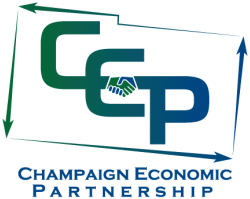
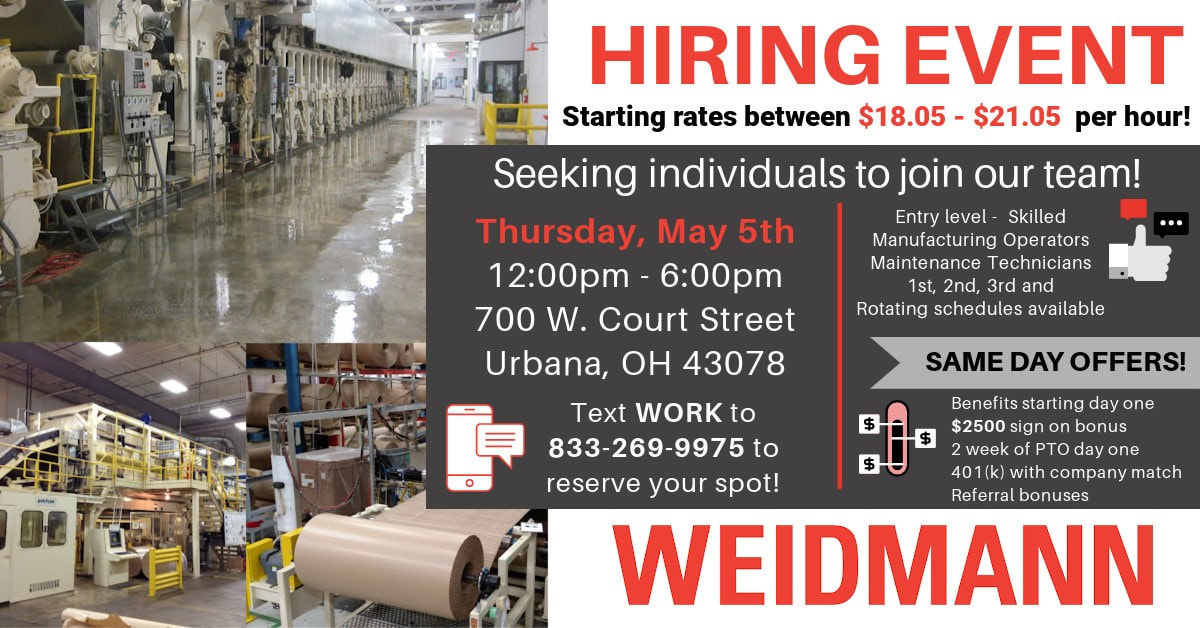
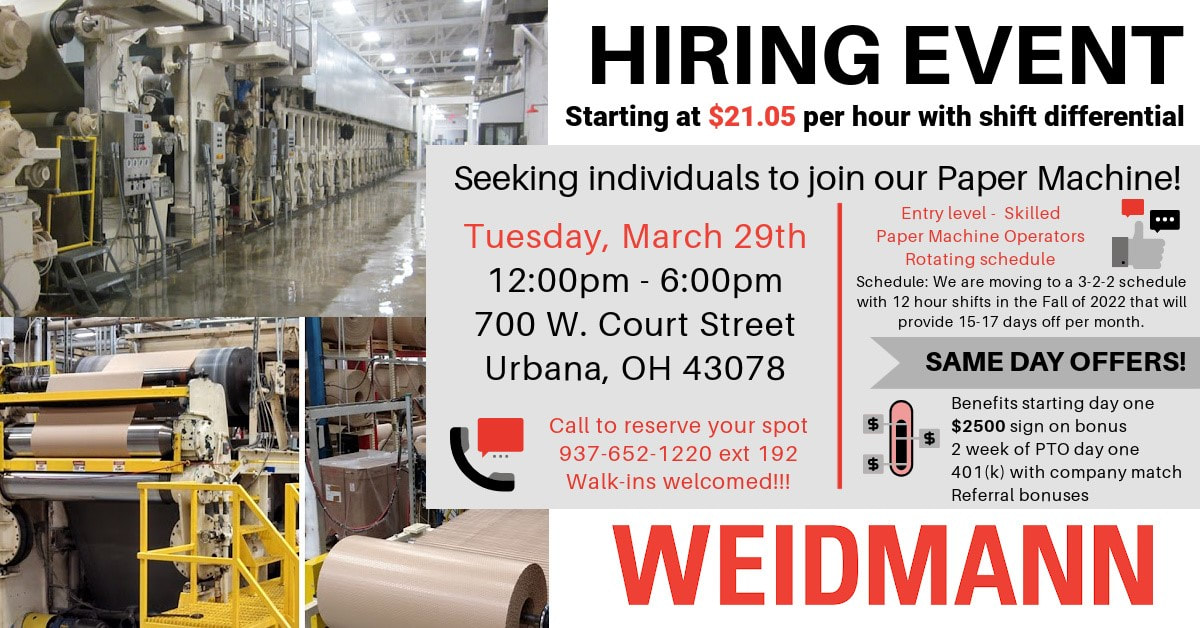
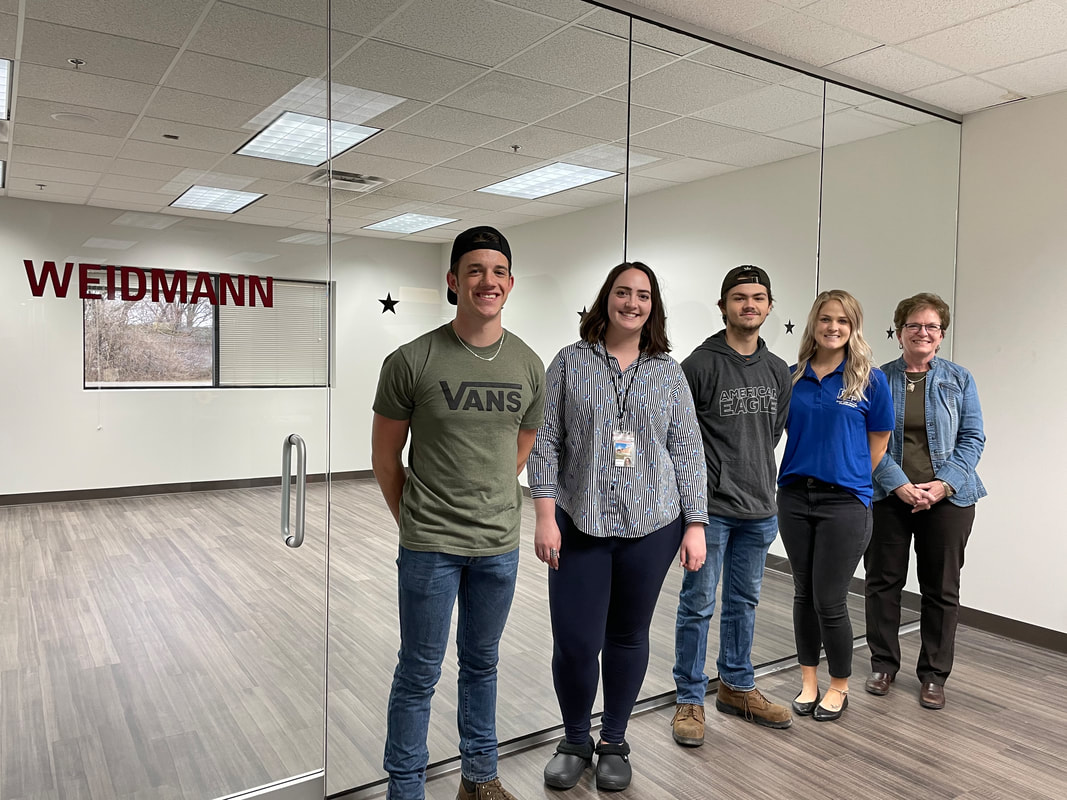
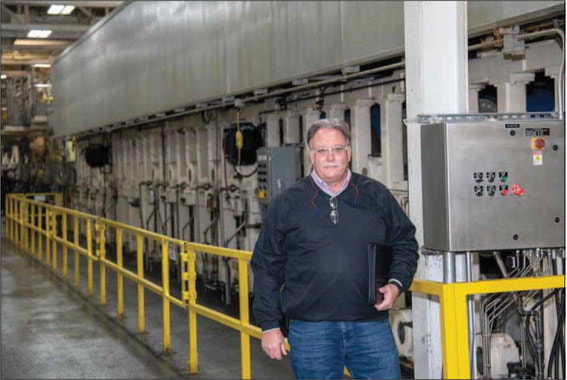
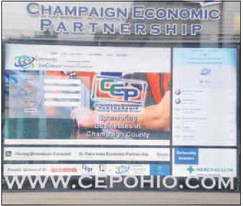
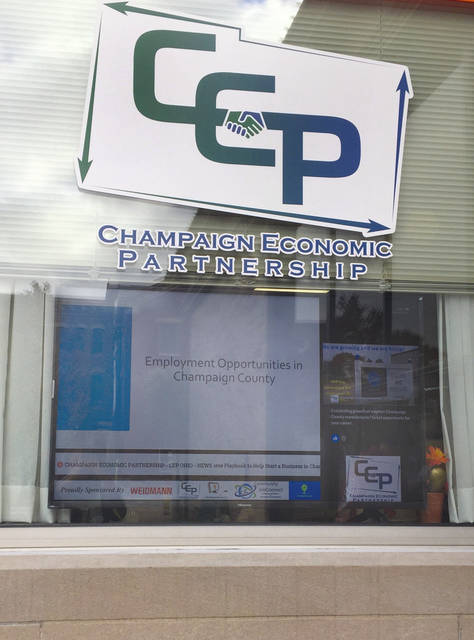
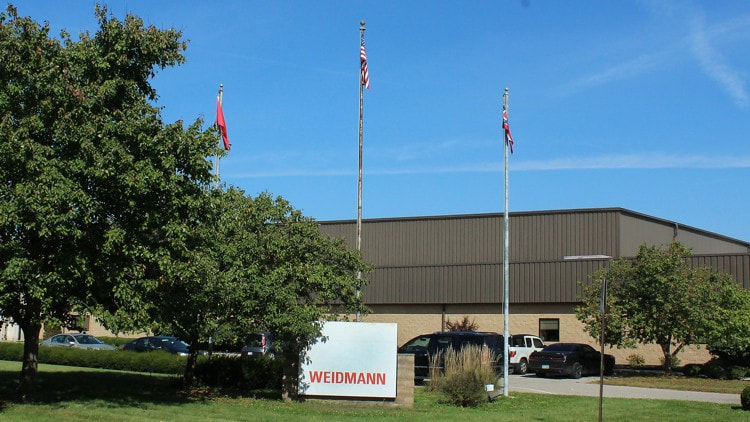
 RSS Feed
RSS Feed

